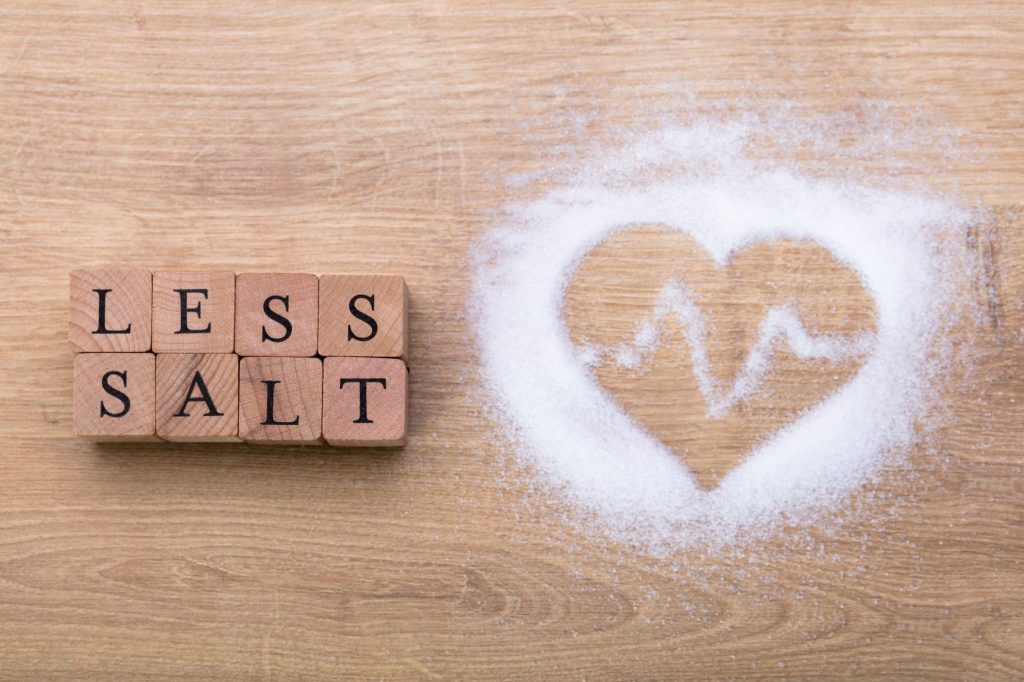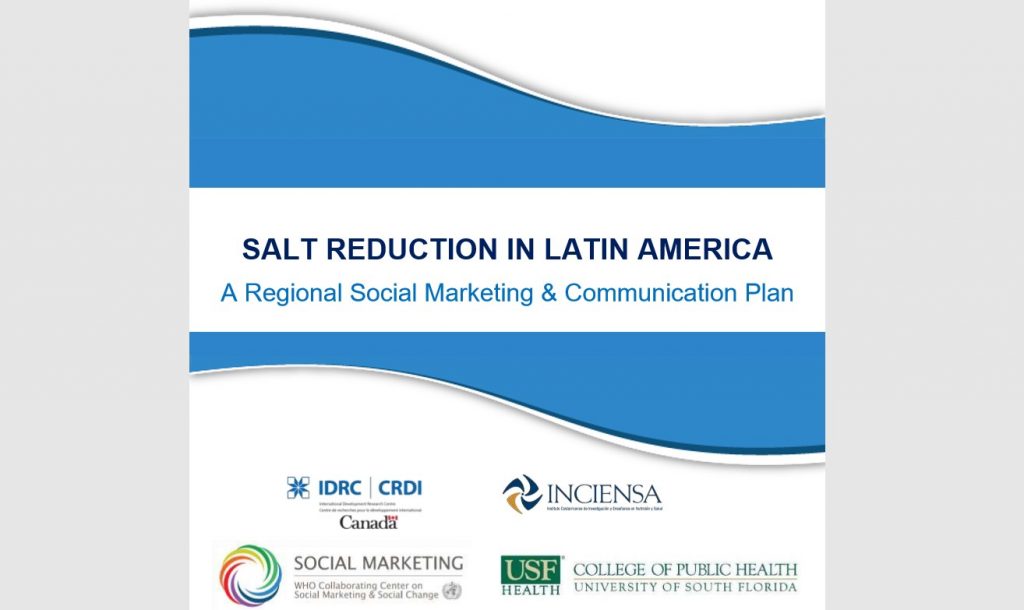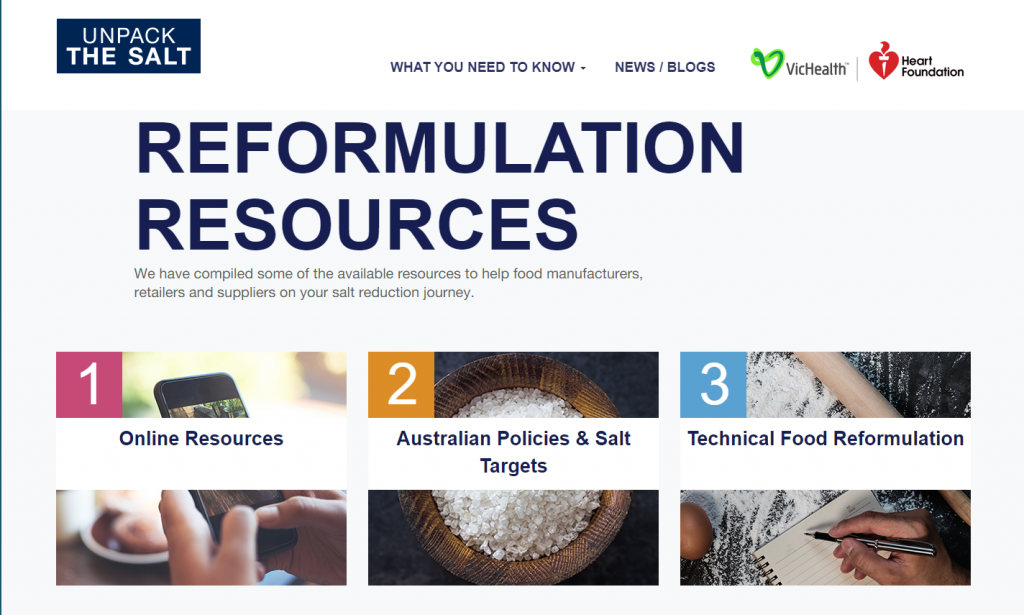From Salt to Stroke – Evaluation of a Media Campaign for Sodium Reduction in Philadelphia

Published in Frontiers in Public Health on the 15th of January 2021, Klassen et al used a repeated cross-sectional design to evaluate the process and impact of a media campaign for sodium reduction in Philadelphia, USA. Between 2014 and 2015 the Philadelphia Department of Public Health conducted an education campaign, targeting populations at higher risk […]
Cost-effectiveness of population salt reduction interventions in Cameroon

Published in BMJ Open on 24th November 2020, Aminde, Cobiac, and Veerman conducted a cost-effectiveness analysis of three population salt reduction interventions to prevent cardiovascular disease (CVD) in Cameroon. Using a multicohort multistate life table Markov model, the study estimated that over 10,000, 79,000 and 84,000 CVD deaths could be avertedfrom mass media, school education […]
Effectiveness of the Victorian Salt Reduction Partnership’s media advocacy activities

Published in the Nutrition Journal on 16 September 2020, Rosewarne et al evaluated the Victorian Salt Reduction Partnership’s media advocacy activities by determining the extent to which activities contributed to the overall strategy aims and the effectiveness of the activities in gaining media and industry engagement. Guided by Stead et al’s framework for evaluating media […]
A three-part blog series on Australia’s new food reformulation targets

The George Institute’s PhD candidates, Emalie Rosewarne and Daisy Coyle have published a three-part blog series on Australia’s new food reformulation targets. Topics explored include: how the reformulation program could be better-aligned with international best-practice, how the reformulation targets need to be improved to have a meaningful impact, and the steps the Government needs to […]
Scaling-up and evaluating salt reduction policies and programs in Latin American countries

In May 2020, the final technical reports of the International Development Research Centre (IDRC) project, “Scaling-up and evaluating policies and programs in salt reduction in LA countries,” were published. The reports and most outputs can be found in the IDRC Digital Library. Some key report include: Regional policy Brief, “The Challenge of Reducing Dietary Salt […]
Protected: Raising Public Awareness in the Pacific Islands

There is no excerpt because this is a protected post.
“Pass less salt and when you pass it, make it potassium salt”

In an article recently published in The Hill, author Dr Thomas Frieden (President and CEO of Resolve to Save Lives) discusses the petition to the FDA to change potassium salt labelling regulations. Currently, the FDA requires companies to list potassium salt as “potassium chloride salt”. Frieden suggests that this could discourage people from purchasing […]
Unpack the Salt – Victorian Salt Reduction Partnership

The Victorian Salt Reduction Partnership has shared findings of the consumer awareness campaign, ‘Unpack the Salt’, which ran from 2017-2019. Following the campaign, around 80% of the target audience were able to correctly recall at least one key message unprompted, such as where hidden salt is found in foods. Over the course of the campaign […]
Food industry fails to drop the salt – evaluation of self-regulation in Australia

Researchers from The George Institute for Global Health analysed data from the Foodswitch database to assess if there were any changes in salt content between 2013 and 2017 in over 4,500 products from 16 Australian food manufacturers. The study found no clear evidence of reductions in salt levels overall, including 10 member companies of The […]
Salt levels in meat alternatives – Australia

On the 10th of September, the Victorian Salt Reduction Partnership released a report written by The George Institute for Global Health on the salt content of meat alternatives in Australia. The research revealed some meat free products contain up to half a day’s worth of salt in one serve. Meat-free bacon, falafels and meat-free sausages […]